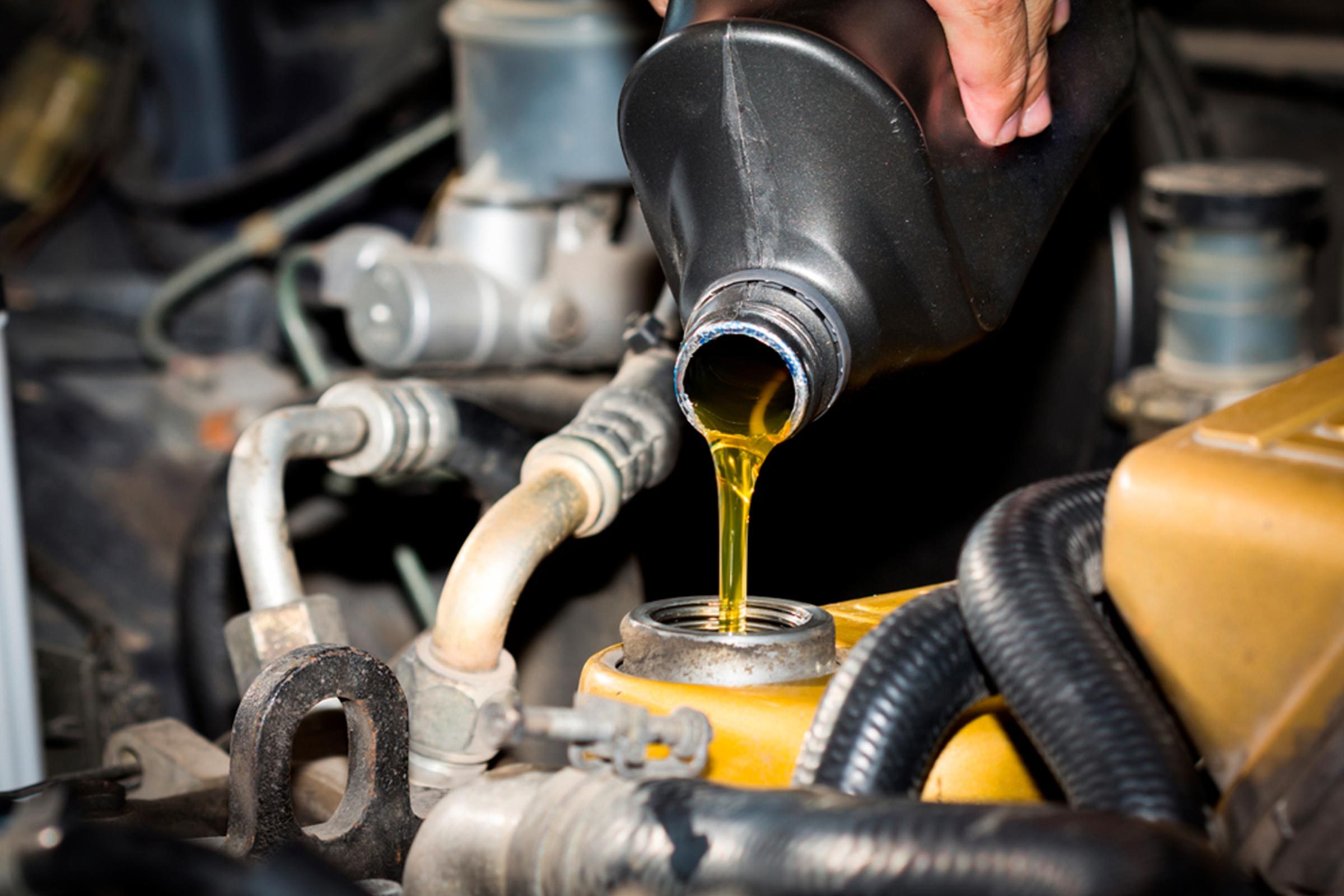Optimize Your Car'S Performance With Normal Oil Changes
Preserving your vehicle's efficiency is a multifaceted endeavor, with regular oil adjustments standing out as a critical aspect. Fresh engine oil plays an essential role in making certain optimal lubrication, reducing friction, and preventing wear on crucial parts. Several chauffeurs ignore the indications that indicate a requirement for an oil modification, possibly jeopardizing their car's longevity.
Importance of Routine Oil Adjustments
While many automobile proprietors might neglect the importance of routine oil adjustments, ignoring this vital maintenance task can result in serious effects for engine performance and long life. Engine oil plays a crucial function in lubing relocating parts, decreasing rubbing, and preventing overheating. With time, oil deteriorates as a result of direct exposure to warm and pollutants, which decreases its performance.
Failing to transform the oil regularly can lead to the build-up of sludge and debris, which can block vital engine components and cause boosted wear. This not only jeopardizes engine efficiency but can additionally cause expensive repair work or even overall engine failing. In addition, old oil sheds its capability to counteract acids produced throughout combustion, which can lead to rust and additional damages.
Moreover, many car makers advise certain oil change periods, often based on mileage or time. Abiding by these standards is essential for keeping service warranties and guaranteeing ideal automobile performance. In recap, normal oil changes are not just a pointer; they are a vital part of responsible automobile maintenance that secures the engine and improves total performance. Prioritizing this job will certainly add substantially to the durability and dependability of any kind of car. Oil Change Lockhart.
Advantages of Fresh Oil
Changing to fresh oil provides numerous advantages that directly improve engine efficiency and effectiveness. Among the main advantages of fresh oil is its exceptional lubricating properties. New oil decreases friction between engine elements, which not just minimizes wear however additionally adds to smoother operation. This leads to enhanced gas performance, as the engine does not need to work as tough to get over resistance.
In addition, fresh oil properly cleanses the engine by putting on hold pollutants and preventing sludge buildup. In time, oil ends up being polluted with dirt, metal bits, and combustion byproducts. Frequently replacing oil guarantees that these unsafe substances are eliminated, promoting a cleaner and much healthier engine atmosphere.
In addition, fresh oil aids in optimum temperature level policy. It dissipates warmth better, stopping overheating and prospective damage to engine components. This is particularly crucial during peak performance circumstances, where heat buildup can impair engine performance.
Indications Your Oil Requirements Changing
Engine oil is the lifeblood of your car, and acknowledging when it needs transforming is important for keeping optimum performance - Oil Change Lockhart. Several signs show that it's time for an oil change, and remaining vigilant can protect against engine damages and pricey repair services
First, check the color and uniformity of the oil. Fresh oil is typically brownish-yellow and smooth, while old oil may show up dark and abrasive, showing contamination and reduced efficiency. A change in viscosity can likewise symbolize that the oil has broken down and is no more sufficiently lubing engine elements.

One more caution indicator is the oil change light on your control panel. This sharp acts as a pointer that the oil has reached its life expectancy or that there is a hidden concern needing attention. Furthermore, unusual engine sounds, such as knocking or ticking, might suggest inadequate lubrication because of degraded oil.
Finally, if you discover oil places or pools under your car, it may indicate a leak that necessitates immediate evaluation and possible oil adjustment. Being alert to these indicators will certainly guarantee your engine runs efficiently and efficiently.
Selecting the Right Oil
Selecting the proper oil for your car is essential for ensuring optimum efficiency and long life. Engine oils can be found in numerous kinds and thickness, each created to meet specific requirements. The initial factor to consider ought to be the maker's suggestions, which can commonly be located in the owner's handbook. This support will certainly direct you towards the appropriate thickness quality, such as 5W-30 or 10W-40, which indicates the go now oil's density at various temperatures.
Following, think about the sort of oil: standard, artificial, or a mix. Conventional oil is originated from petroleum and is appropriate for older cars, while artificial oil provides premium security and efficiency for modern engines, especially under severe problems. Artificial blends incorporate the advantages of both and are frequently a cost-effective Read Full Report alternative.
Additionally, search for oils that meet market standards, such as API (American Petroleum Institute) or ACEA (Association des Constructeurs Européens d'Automobiles) certifications. These indications guarantee that the oil has been evaluated for high quality and efficiency. Inevitably, selecting the appropriate oil not only boosts engine effectiveness however likewise adds to the general health and wellness of your automobile, paving the way for smoother driving experiences.
Oil Adjustment Frequency Recommendations

Factors influencing oil adjustment frequency include driving conditions, such as stop-and-go web traffic, severe temperatures, and pulling hefty loads. Under severe problems, it could be sensible to change the oil much more regularly to avoid engine wear. Furthermore, some modern-day lorries come geared up with oil life monitoring systems that provide personalized referrals based upon driving practices, which can better optimize the oil adjustment timetable.
It's important to consult your proprietor's guidebook for certain suggestions tailored to your lorry. Following these standards not only preserves engine health but likewise improves gas performance and reduces emissions. Finally, regular oil adjustments, timed appropriately based on various elements, are a basic facet of automobile maintenance find more that can dramatically influence performance and longevity.
Verdict
